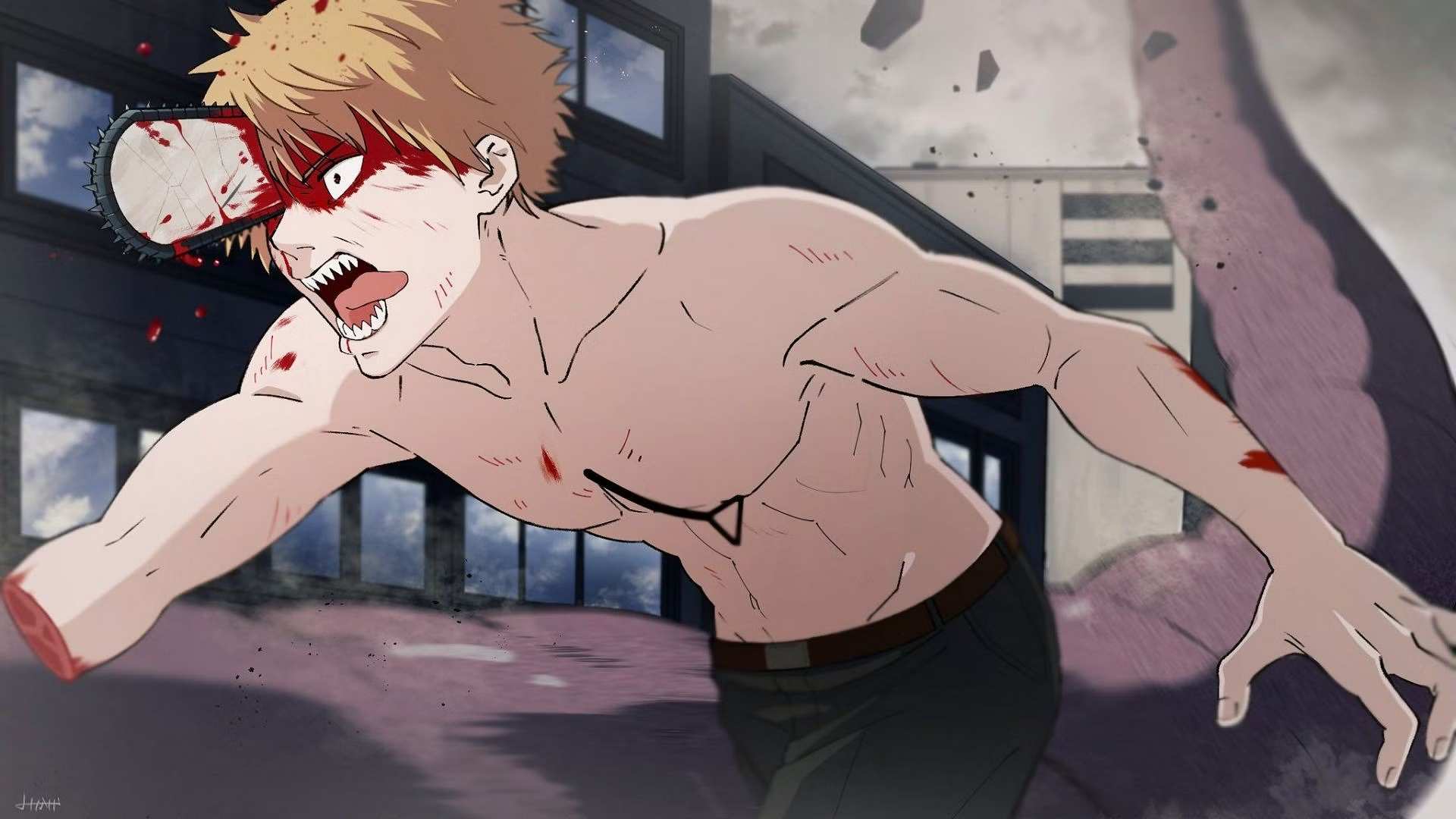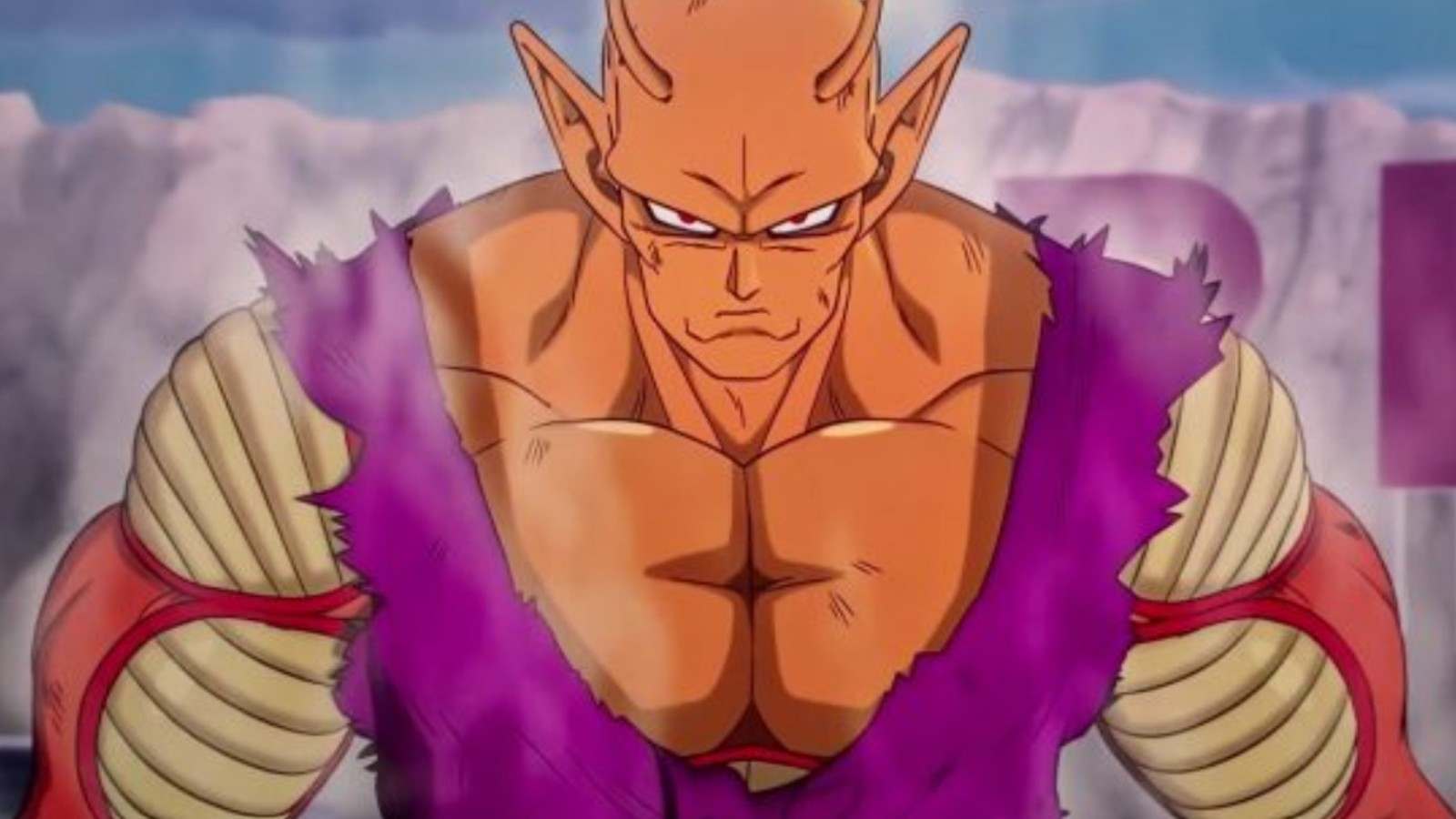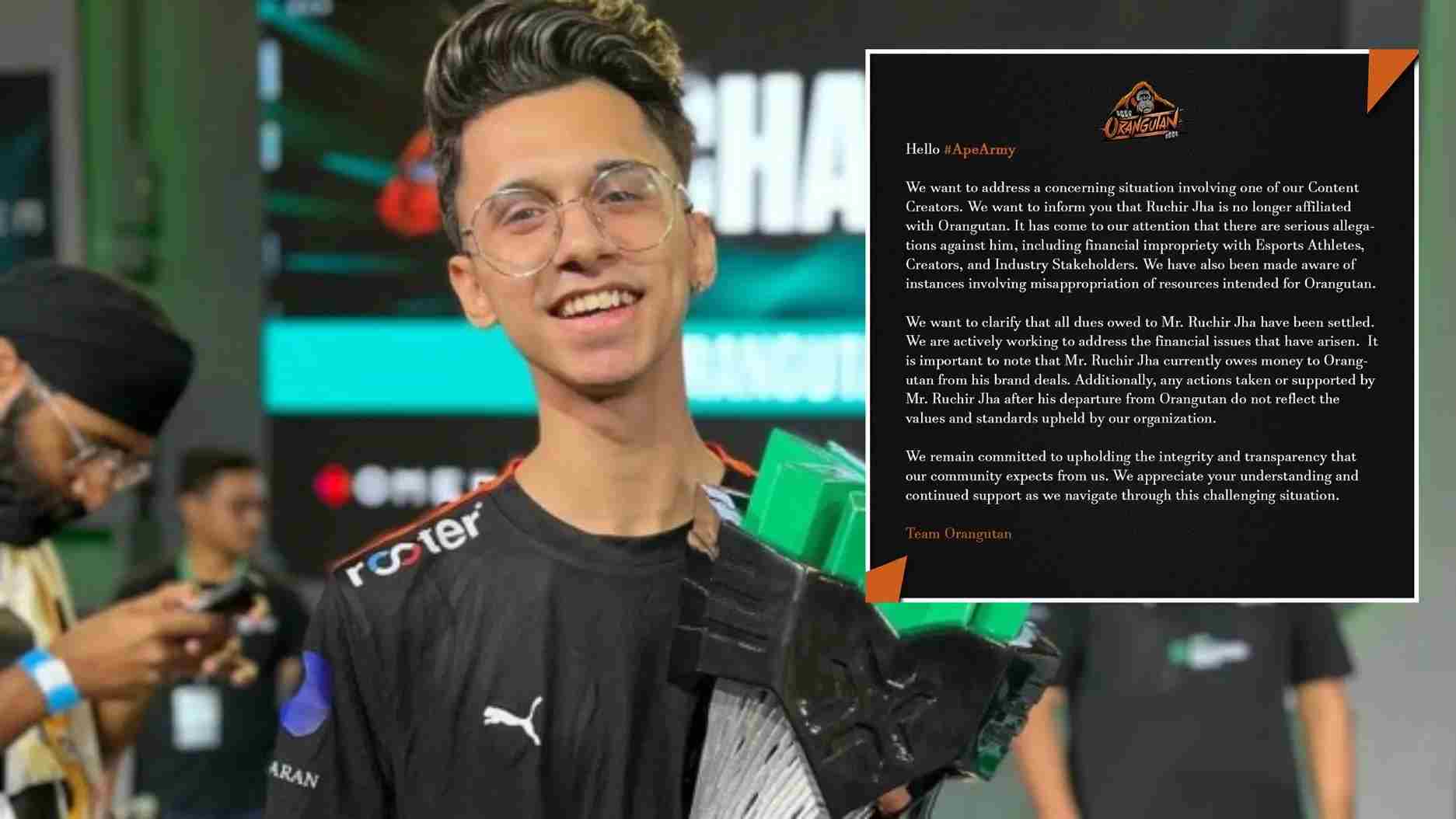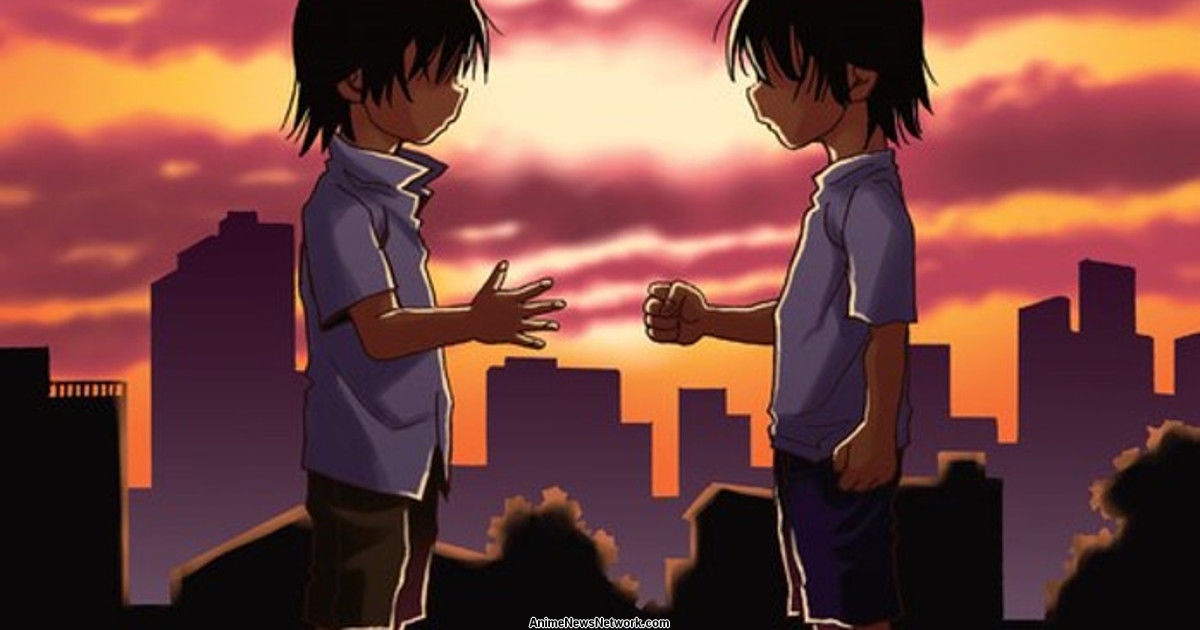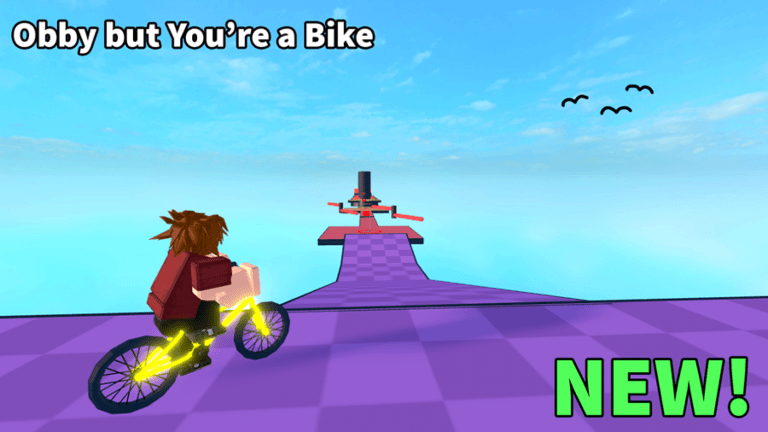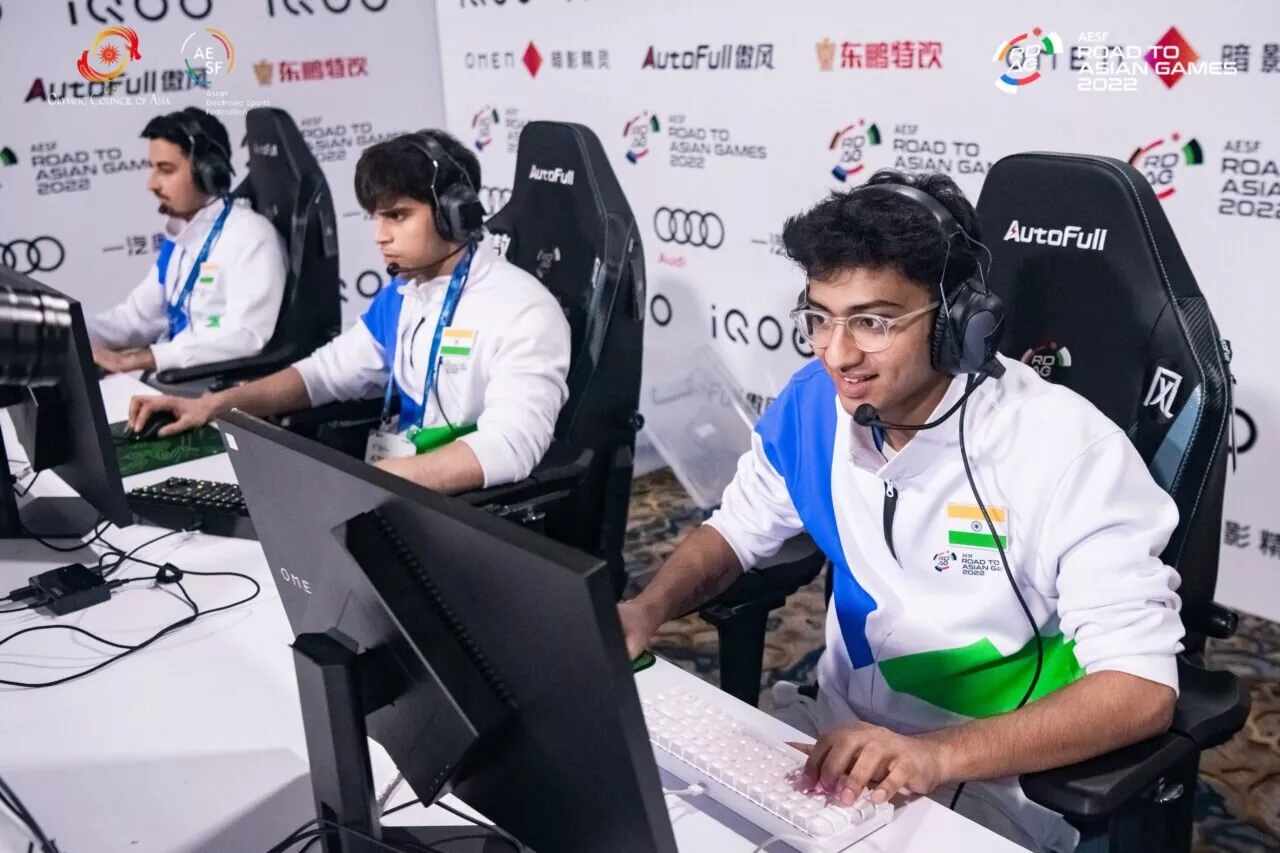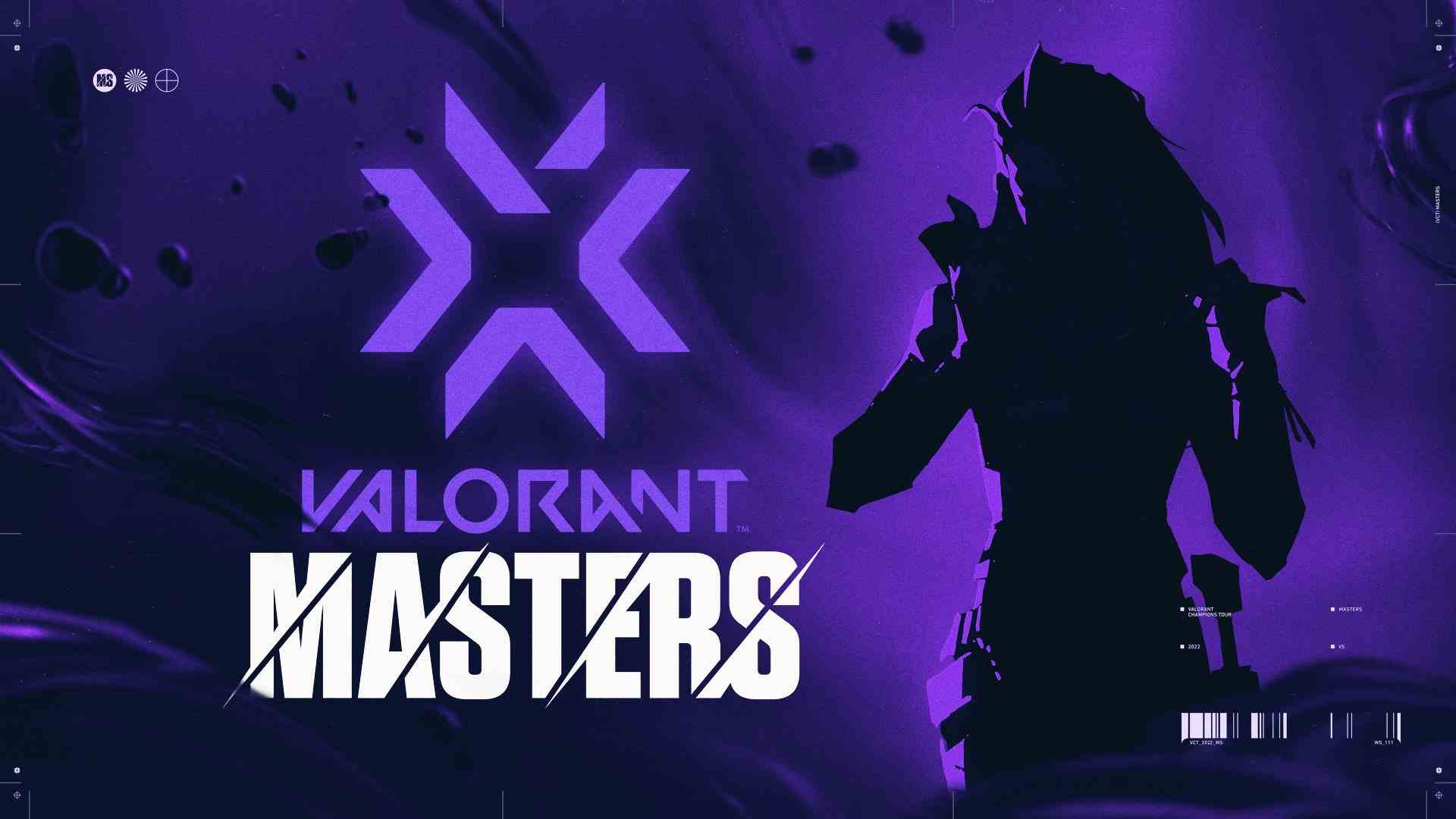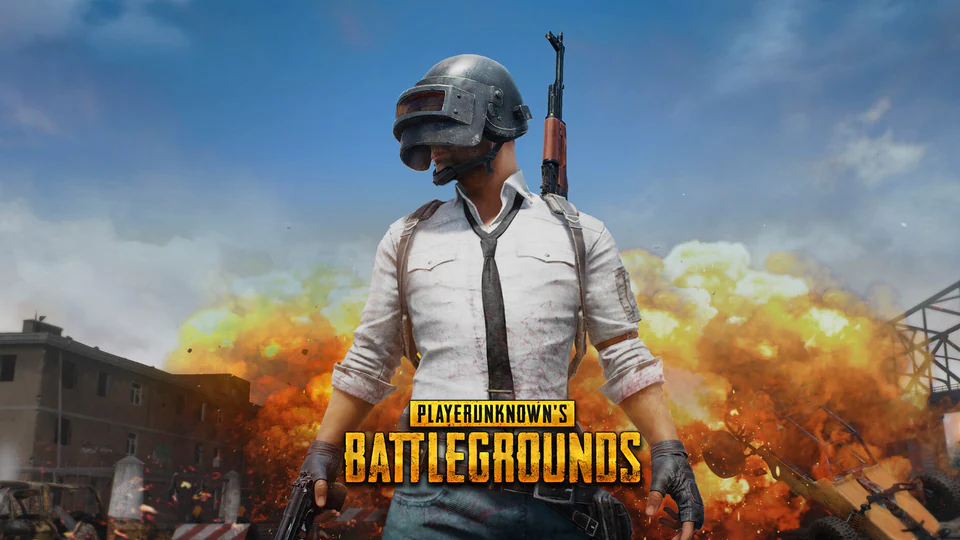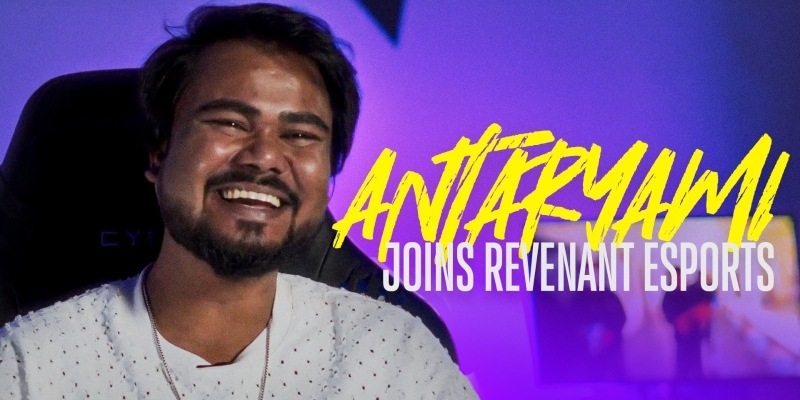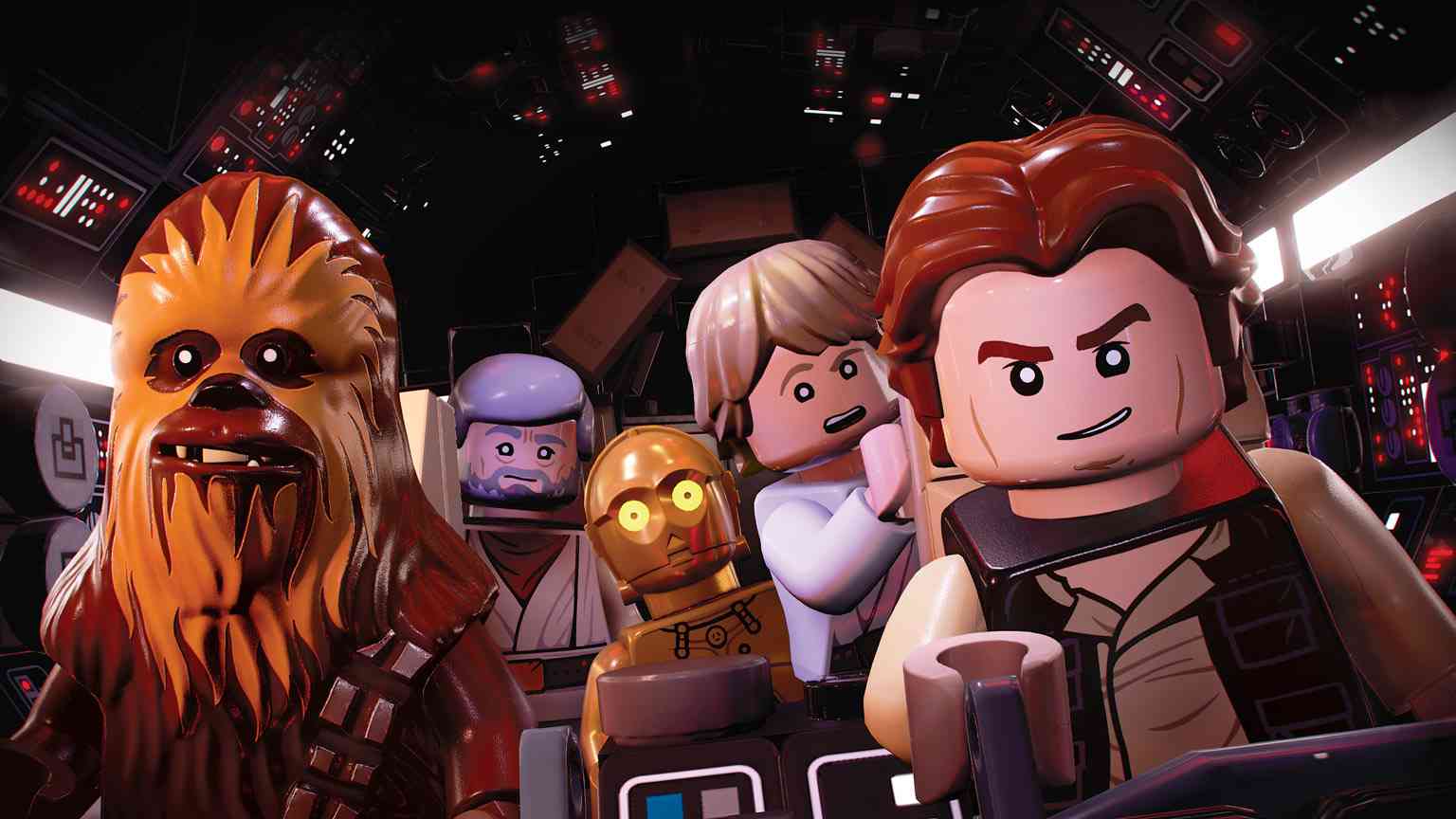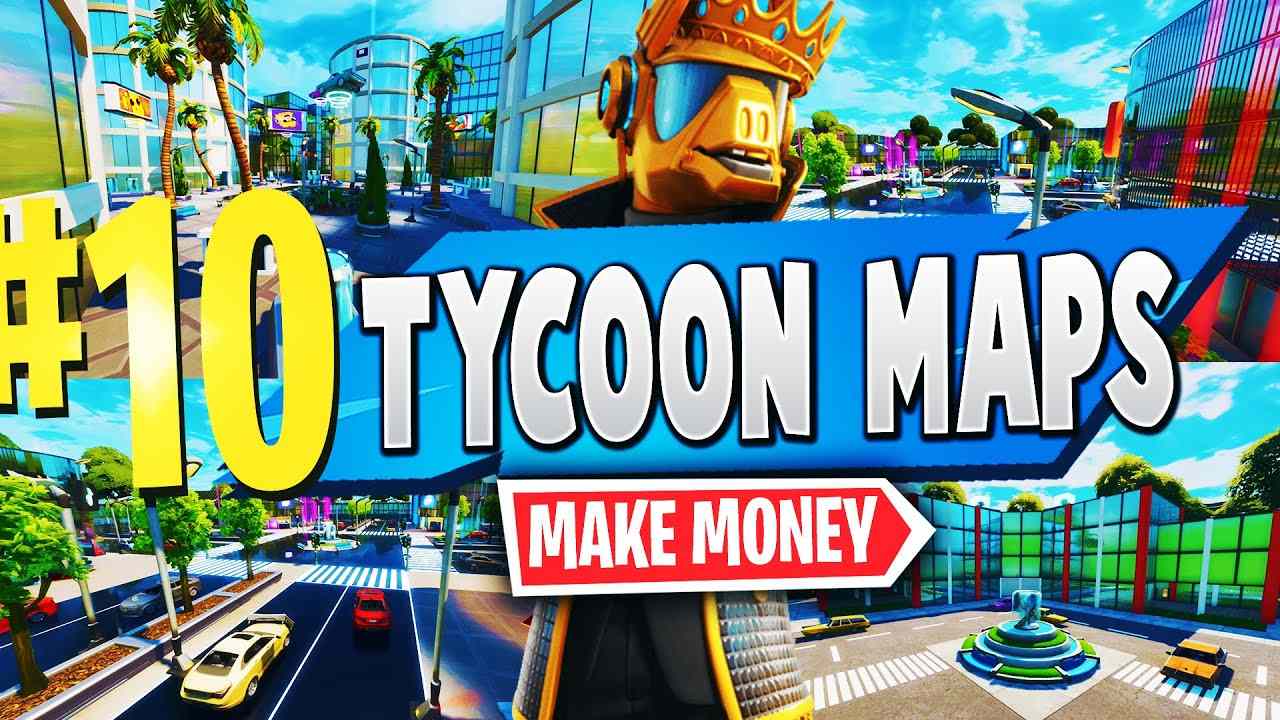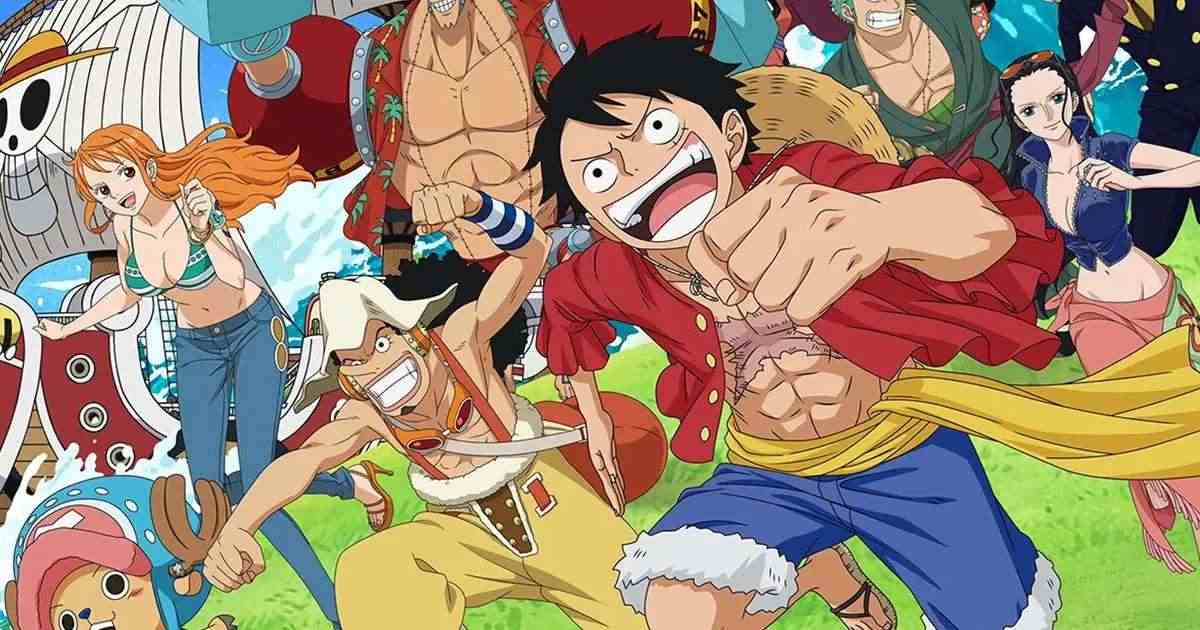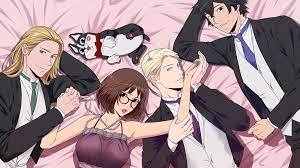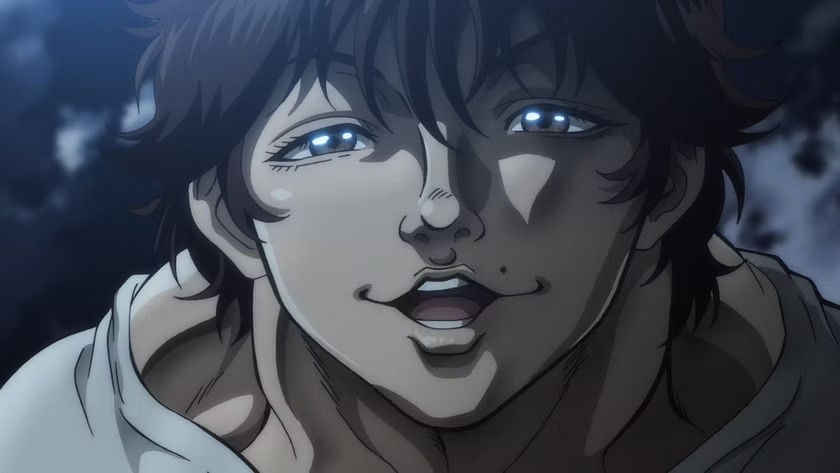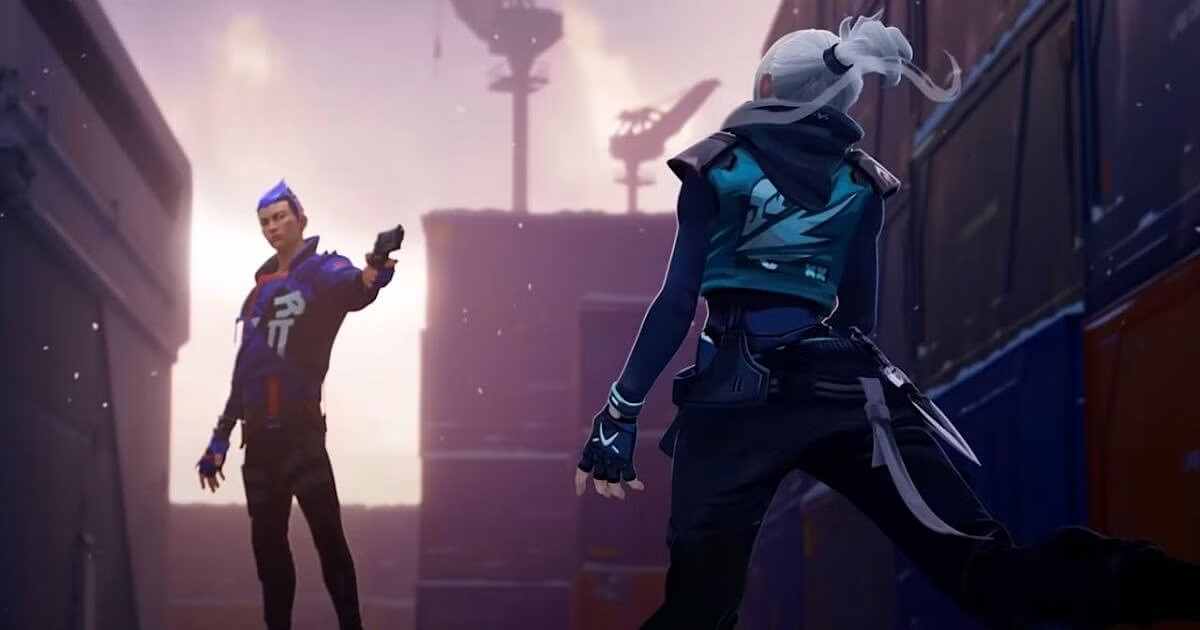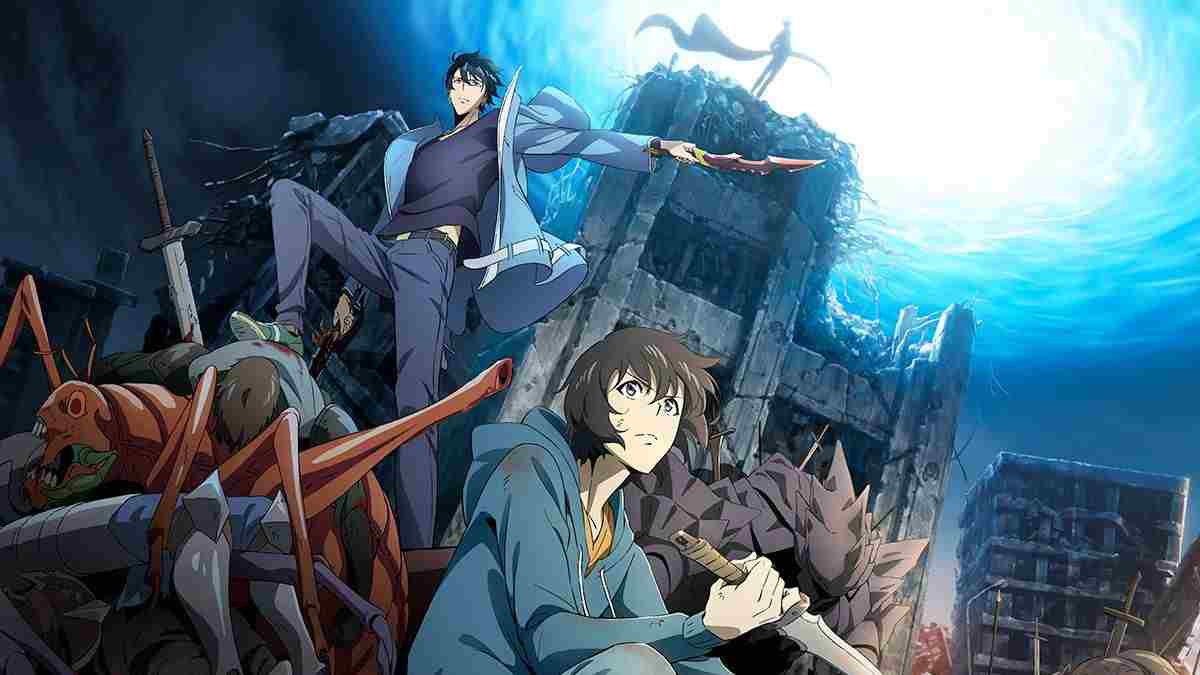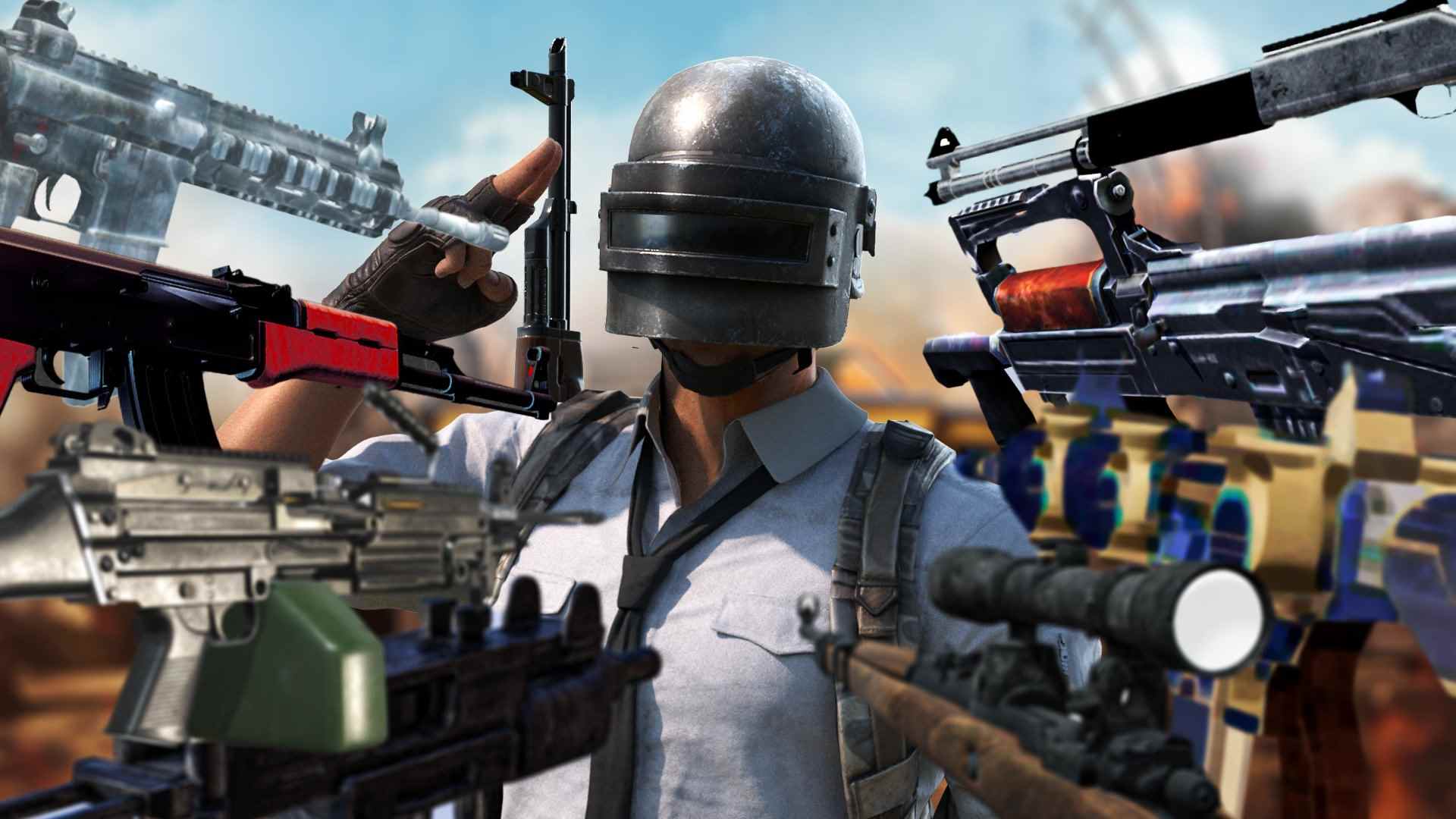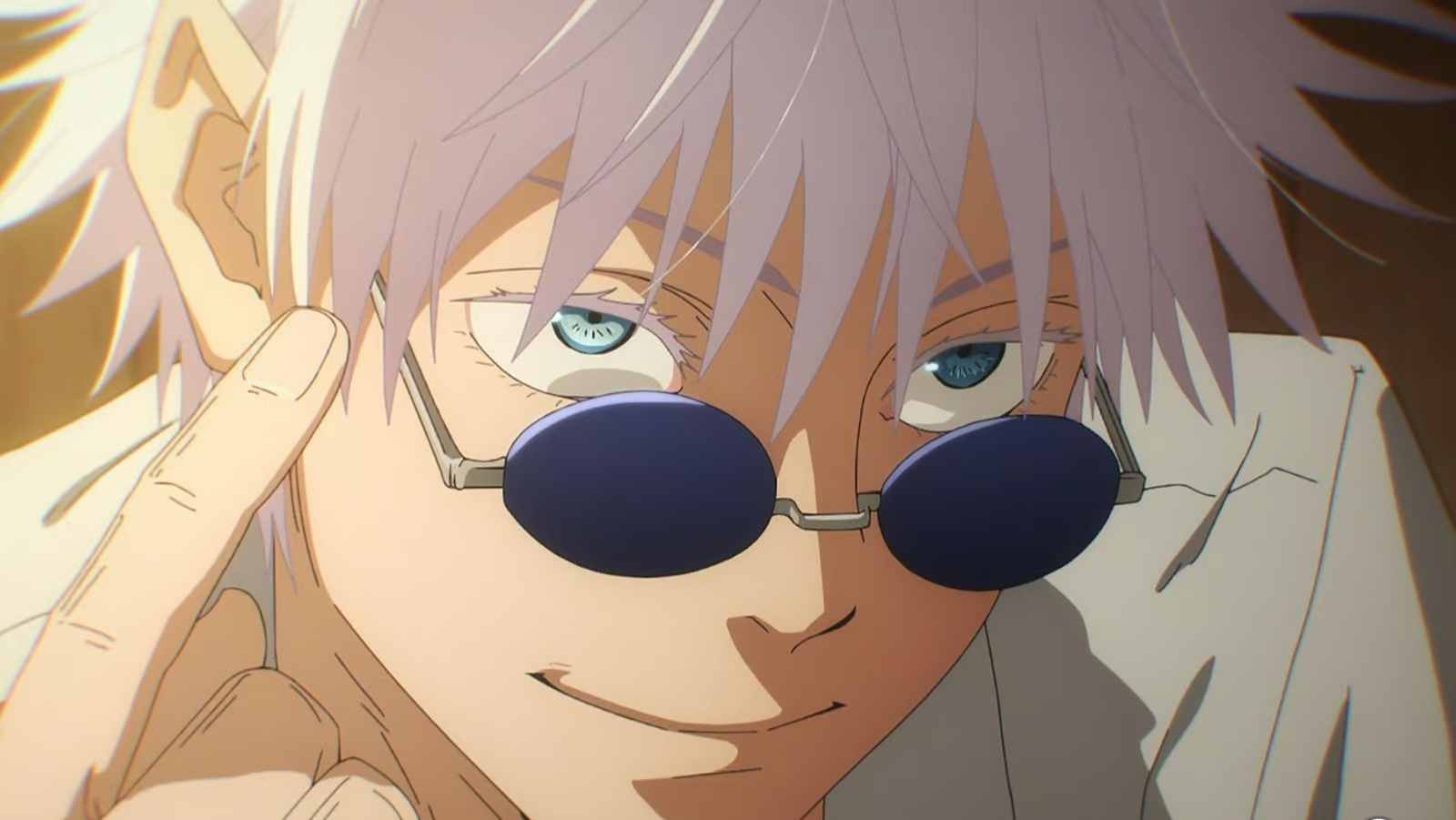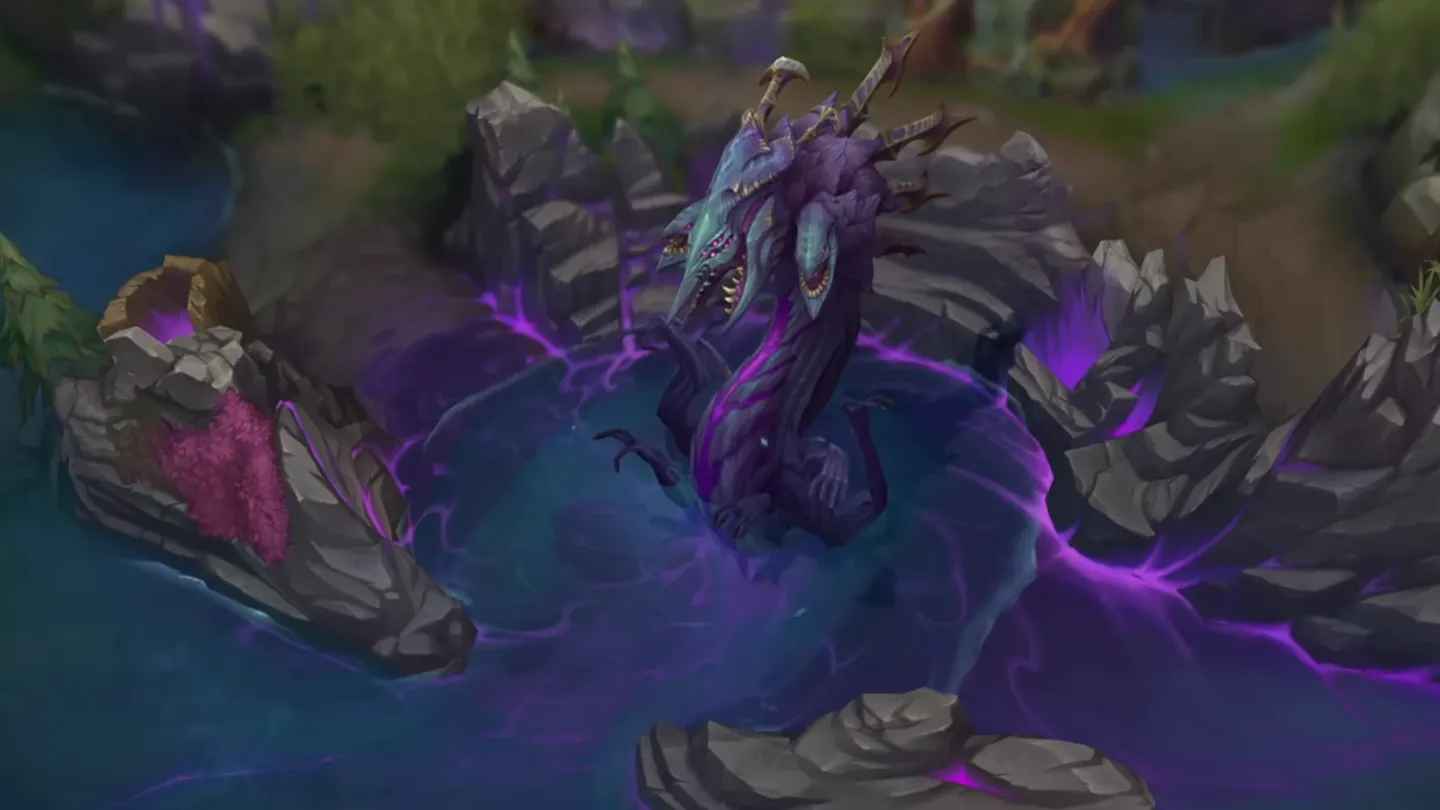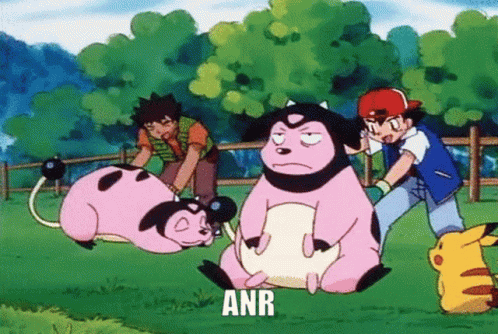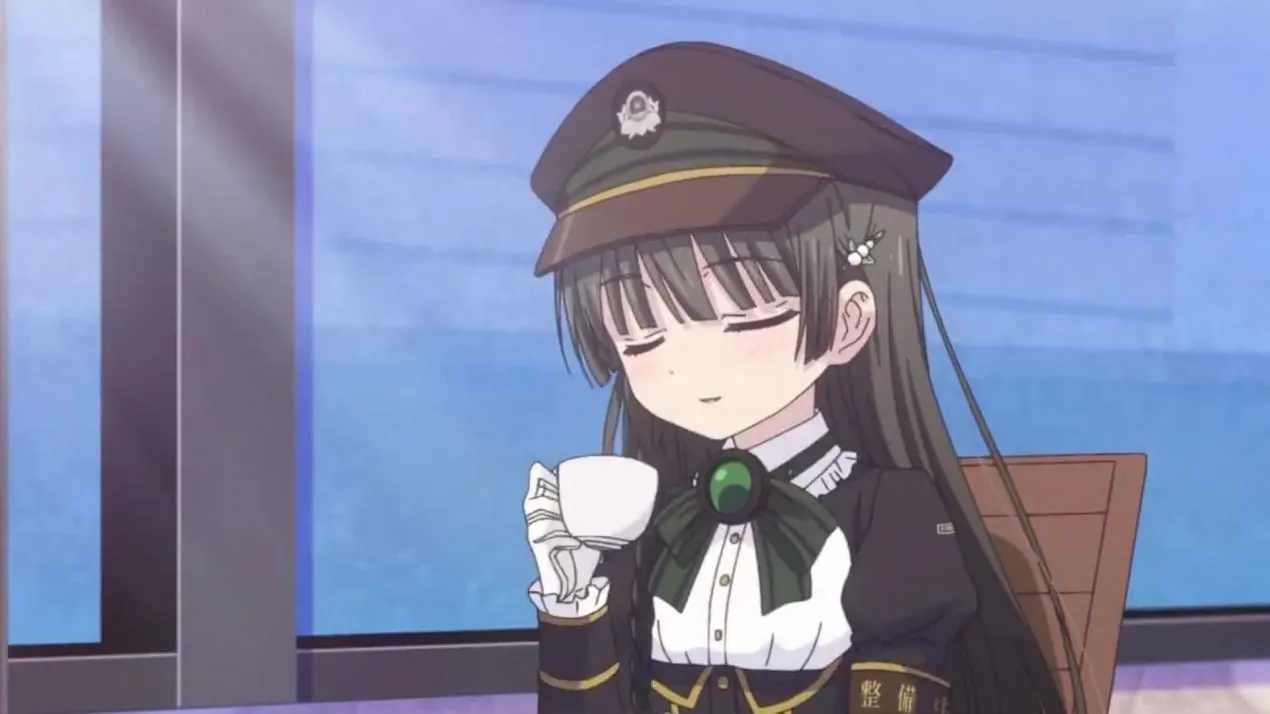Who Gets To Be Human In The World Of Chainsaw Man?
In the tumultuous world of “Chainsaw Man,” humanity is a complex concept, one that is explored through the lens of Denji, a devil-human hybrid grappling with his evolving identity. As we delve into this captivating narrative, we find ourselves immersed in a narrative that delves deep into the intricate boundary separating humans from those classified as not-quite-human, through its world-building, character development, and underlying themes.
At the heart of “Chainsaw Man” lies the central question: what does it truly mean to be human, and how can one maintain their humanity when confronted with relentless dehumanization? The narrative paints a vivid picture of this multifaceted issue, exploring the blurred lines that challenge our traditional understanding of human nature.
The Complex World of Chainsaw Man
The question of humanity within “Chainsaw Man” is far from straightforward. In this dynamic universe, there are humans, devils, but also entities known as fiends and hybrids. Fiends are devils who have overtaken human bodies, sporting distinctive head shapes that set them apart from regular humans. Hybrids, on the other hand, are humans who have merged with devils, much like Denji, who found himself bonded with Pochita, replacing his human heart. The only discernible physical feature that distinguishes hybrids from their fully human counterparts is the presence of “triggers” that prompt their transformation, such as the chainsaw cord embedded in Denji’s chest. This allows hybrids to seamlessly coexist among humans, all the while concealing their true nature.
The struggle between humans and devils takes a fascinating turn as some fiends and hybrids choose to align themselves with humanity. However, the motivations behind these choices remain far from clear. Some fiends seem to retain memories and traits of the humans whose bodies they’ve inhabited. An example of this is the Violence Fiend, Galgali, who retains memories of his human life and exudes a kind and peaceful disposition, indicating the continued influence of the original human personality. Conversely, characters like Power exhibit a disdain for humanity, suggesting a more devilish nature with no memory of their previous human existence.
Denji’s journey is another interesting facet of the narrative. For him and potentially others, the decision to join Public Safety, an organization dedicated to protecting humanity from devils, is not so much a choice as it is a necessity to be recognized as a human. The alternative is to be treated as a devil, hunted down and eliminated, highlighting the harsh realities of this complex world.
Denji’s Struggles with Dehumanization
Denji, our protagonist, finds himself in a unique predicament as a hybrid, with the Chainsaw Devil, Pochita, taking the place of his human heart. Even before becoming a hybrid, Denji’s existence is marked by inhuman treatment. At the outset of Part One, he is ensnared in a life not of his choosing, forced by the Yakuza to toil away his days, working off his late father’s debts, and even resorting to selling body parts to meet his obligations. Beyond the weight of this debt, his life revolves around the quest to fulfill his basic needs, his isolation from human connections painfully apparent. The Yakuza dismissively refer to him as a “dog,” devaluing him and exploiting his desperation for their amusement.
Upon merging with Pochita, Denji manages to break free from the Yakuza’s grip, but he quickly falls under the sway of another authority figure who sees him as less than human. Makima manipulates him into accepting a subservient role, treating him as a dog and coercing him into barking for her. Even Denji’s right to life itself becomes conditional. If he dares to defy Makima or evade her commands, he risks being treated as a devil, marked for death. His internal struggle is evident when he questions the impact of his fusion with Pochita on his emotions and his capacity to care for others. After the tragic demise of Himeno, he reflects on his inability to shed tears for her, and contemplates his indifference to the potential deaths of Makima, Aki, or Power. In the midst of these ponderings, he conveys, “Maybe my heart’s gone in more than one way.”
Denji’s Path to Humanity
Throughout the narrative of “Chainsaw Man,” we witness the gradual transformation of Denji’s character. Part One sees him forming genuine relationships that recognize his humanity. His affection for Aki and Power blossoms into a sibling-like bond, a stark departure from the early episodes where he appeared indifferent to their fates. His actions, like accompanying Aki to his family’s graves and providing support to Power in the aftermath of her traumatic encounter with the Darkness Devil, offer tangible proof of his capacity to care deeply for others.
This character development reaches a climax at the end of Part One when the Control Devil is reborn as Nayuta following Makima’s demise. Denji is entrusted with the responsibility of nurturing Nayuta with love and affection, with the hope that providing her with a relatively ordinary human upbringing will prevent her from following in Makima’s footsteps. At this juncture, there is no doubt left regarding Denji’s humanity; he is capable of profound empathy and the ability to form deep connections with others. Despite Pochita having replaced his human heart, Denji’s capacity to care for others shines through, revealing his true essence.
The Unresolved Question of Humanity
The question of what it means to be human is a central theme of “Chainsaw Man.” The narrative is essentially a story of reclamation, where Denji endeavors to maintain his humanity in the face of relentless dehumanization. His transformation into a hybrid and his traumatic experiences with the Yakuza and Makima have forcefully separated him from his humanity, both literally and metaphorically. The tension lies in whether Denji can preserve his human essence as the story continues to unfold.
Thus far, the narrative has showcased Denji’s journey from being treated as a mere dog to developing meaningful relationships that affirm his humanity. Yet, as the manga progresses, we anticipate further exploration of the themes of humanity and dehumanization through Denji’s character. “Chainsaw Man” has a knack for defying conventions and taking its narrative down unexpected and sometimes tragic paths, making it challenging to predict its future twists. What we can be certain of is that this engaging manga will continue to probe the depths of these profound themes, offering readers an ever-evolving exploration of what it means to be truly human.
In the world of “Chainsaw Man,” the line between humanity and dehumanization is anything but clear-cut, making it a riveting and thought-provoking series for fans and newcomers alike.
